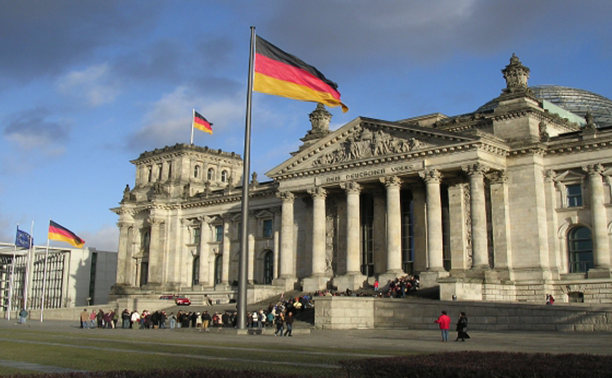
Germany adopts a master plan for sustainable growth
by Tim Willmott : Comments Off on Germany adopts a master plan for sustainable growth
The German federal government adopted its resource efficiency programme – termed a “master plan for sustainable growth” by the then environment minister Norbert Röttgen – in 2012. The aim of the programme is to progressively decouple resource use from economic growth and to make a major step in the direction of a sustainable society. The overall goal is for Germany to become the most resource-efficient economy in the world by 2020.
Dubbed ProgRess, the programme aims to minimise negative environmental impacts while securing economic growth and increases in productivity. Through ProgRess, the federal government also wants to take responsibility for the global environmental and social costs arising from Germany’s use of natural resources.
Relevant information centres already exist. In cooperation with the Federal Environment Ministry, the VDI Centre for Resource Efficiency, for example, offers consultations and technical expertise to help companies become more resource efficient. The average company can achieve at least a 20 percent resource efficiency saving, the VDI says on its website.
A longer-term objective of ProgRess is the implementation and further development of the government’s raw materials strategy. “The feedback from industry has been very positive,” says Reinhard Kaiser, Deputy Director in the Federal Environment Ministry. It is a win-win situation: the benefits should be more jobs and a strengthening of Germany’s international competitive position, in addition to the sustainability benefits.
The Federal Environment Ministry is prioritising the programme. “We want to be top class,” Kaiser says. Extra motivation comes from the emphasis placed on resource efficiency by the European Commission. Creating a resource-efficient Europe is one of the flagship initiatives of the Europe 2020 strategy. With ProgRess, Germany is one of the first countries to develop a concrete programme.
ProgRess considers the entire resource value chain: it is about securing a sustainable supply of raw materials, increasing resource efficiency in production and building a resource-efficient recycling economy. Worldwide, more than 68 billion tonnes of raw materials were used in 2009, more than a third more than in 2000 and about twice as much as the late 1970s.
Further information: www.bmub.bund.de/P1742/




Comments are closed